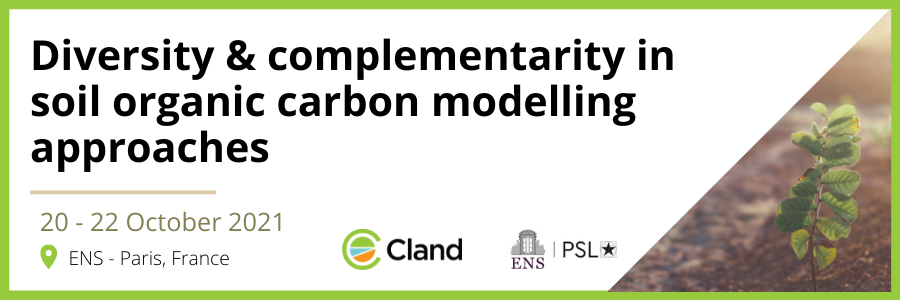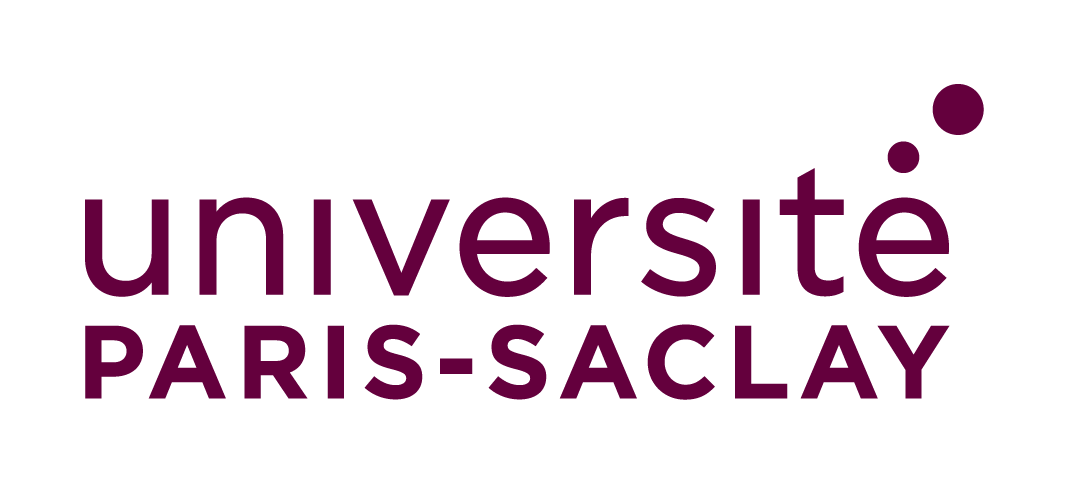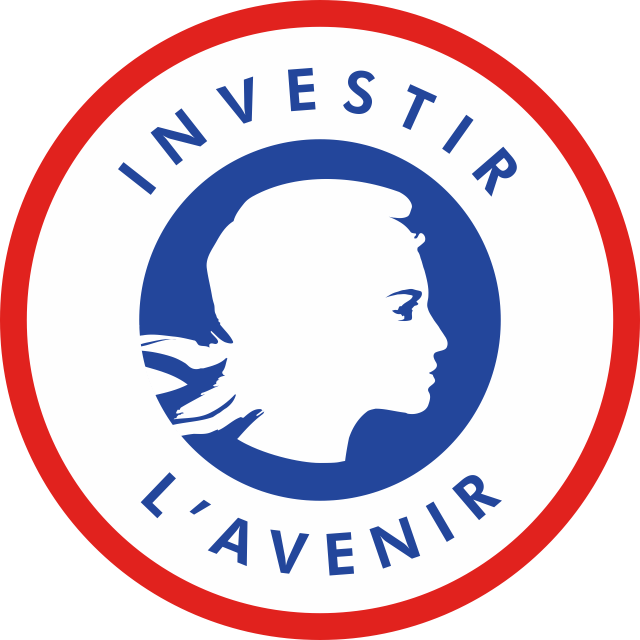
The modelling of soil organic carbon (SOC) dynamics has been the subject of numerous scientific works since the mid-20th century. This proliferation of modeling approaches can be explained by the considerable stakes upon the changes in the SOC reservoir regarding both healthy soils needed to meet the food, feed, fiber and fuels supply needs of societies and the potential role of soil carbon sequestration in mitigating global warming, which has been particularly highlighted since the COP21 with the 4 per 1000 initiative. However, many different SOC models are currently used both for different and similar spatio-temporal scales, pedoclimatic conditions and land-use and land-cover classes. Consequently, there is currently no modelling approach universally used for SOC dynamics.
This diversity of approaches can be a sign of complementarity, but for this complementarity to be fruitful, there must be a dialogue between the different proponents of these approaches. It is precisely the objective of this workshop to organize a constructive discussion between the proponents of different modeling approaches. At least two families of model structures can be identified: simple SOC modeling approaches based on few conceptual carbon pools and first order kinetics, and more complex SOC modeling approaches that aim at better representing real-world processes and using enzymatic, diffusion and/or sorption kinetics. While the former generally tends to focus on the predictive value and the operational application to large spatial and temporal scales of the models, the latter often focus on improving our mechanistic understanding of SOC dynamics or disentangling future SOC-climate feedback loops. These two approaches are often considered as opposed whereas their co-existence is probably necessary to tackle all the challenges associated to soil carbon dynamics and enable proper ensemble modeling projections.
By bringing together an international panel of top-level and early-career scientists to share their respective views on modeling, this workshop aims at clarifying the priority objectives, the types of scientific questions and answers raised, as well as the underlying epistemological assumptions of each type of approach. Such a clarification, and hopefully consensus, will be crucial for coordinating future scientific efforts to apply and develop appropriate SOC models and taking advantages of the diversity and complementarity of different model structures.
-
Deliverable: The tangible objective of this workshop will be to produce a joint publication of an opinion or perspective article.
-
The submission of a joint publication will ideally occur before the end of March 2022.
-
Organizing committee: Julia Le Noë, Samuel Abiven, Pierre Barré, Lauric Cécillon, Bertrand Guenet



